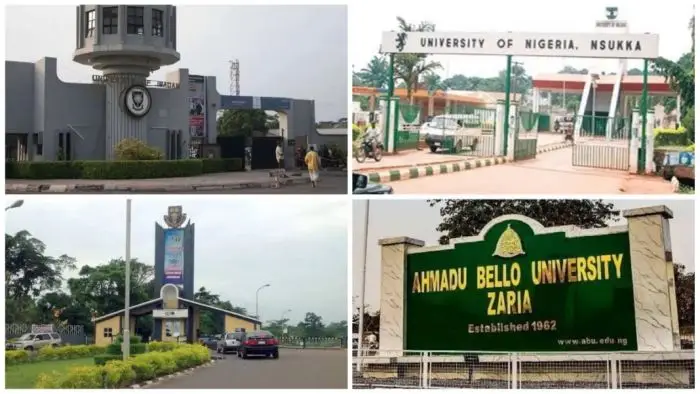Japa syndrome: VCs, ASUU decry mass exodus of Nigerian lecturers – say ‘quality of university degrees in geopady’

Japa syndrome: VCs, ASUU decry mass exodus of Nigerian lecturers - say ‘quality of university degrees in geopady’

Japa syndrome: VCs, ASUU decry mass exodus of Nigerian lecturers - say ‘quality of university degrees in geopady’
Notifications